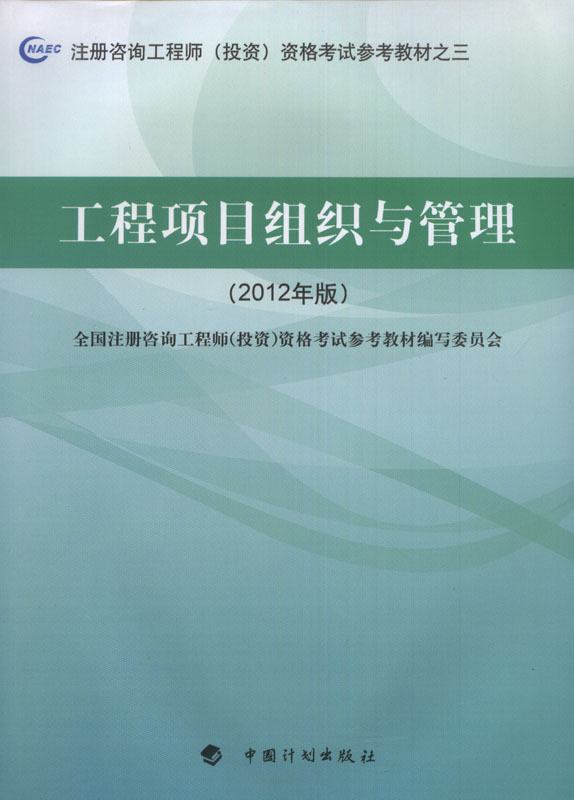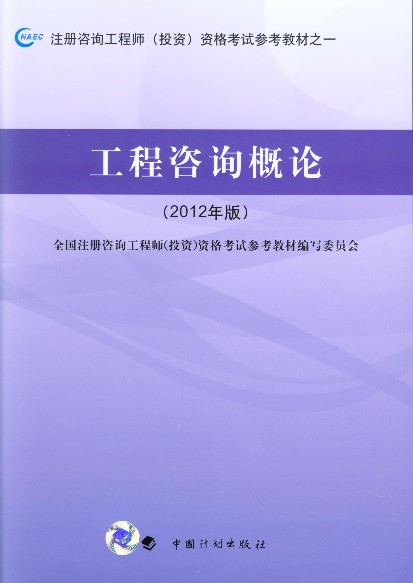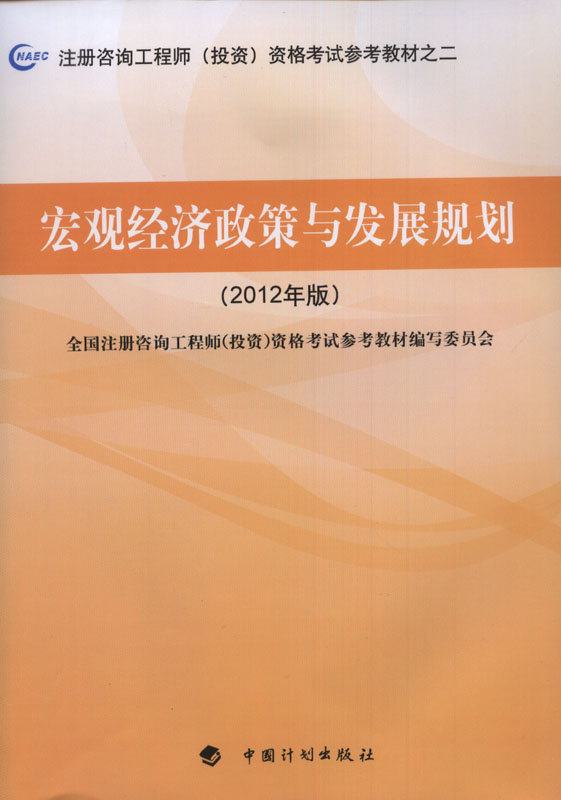

作者:编辑部嘟嘟 文章来源:国和网校 发布时间:2011-11-11

David Hayden founded his company, Critical Path, an email provider, in 1997 to take advantage of the boom in email traffic. Critical Path became a public company two years later, and Hayden took the opportunity to step down from his executive position in order to work on personal projects. At the same time, he agreed to stay with the company as Chairman, but the business was put in the hands of new managers by its investors. With sector-leading products and an expanding market, the company seemed to be on the up and up. However, by early 2001, it was in trouble. Shares that had been worth $26 in 1999, when they were first sold, were down to a mere 24 cents.
Called in by a panicking board, Hayden found himself back in charge as Executive Chairman, trying desperately to rescue what he could. The 1,100 staff had lost confidence in the company and did not know what was going to happen to them. And, as Hayden discovered, the management team was incompetent. Those guys didn't understand the product or the sector,' says Hayden. The heads of department didn't communicate and they didn't lead.' But what was worse, Critical Path had lost the goodwill of its investors.
Hayden knew that bringing the figures under control would be a vital step in the company's turnaround. 'You've got to sort out the finances. For me, that meant getting back the goodwill of the investors. That was tough, after what had happened. But although they were angry with the company, they didn't have bad feelings about me. I told them that I knew I could get the company on its feet again.' He was authorised to make whatever changes were required, and his first act was to find people within the company he could trust and put them in charge.
The next thing Hayden had to tackle was morale. 'Everyone left the office at five on the dot - they couldn't get away quickly enough. To get the buzz back and win the staff over, I had to prove my own commitment and put in the extra hours with them.' In return, it was assumed that nobody would ask for overtime pay until the company was on its feet again. Contrary to normal practice, Hayden was reluctant to lay people off, and apart from not replacing people as they reached retirement age, he left the workforce largely unchanged, although he did identify key people throughout the company who were given more responsibility.
But, as Hayden insists, before a company reaches such a crisis, there are warning signs that any financial director or accountant should take note of. 'A business that has an unrealistic pricing policy or has to negotiate extended credit with its suppliers is in trouble,' is his message. 'Or if you often have to apply for your overdraft limit to be raised or have trouble paying tax on time, something needs to be done.'
By 2003, the company was healthy again, with reasonably stable finances and a modest but steady share price of $1.60. 'One thing that helped save us was that our technology worked,' says Hayden. 'With 20 million email accounts, we never lost a single major client because the product kept on working.' With ideas for a fresh venture demanding his attention elsewhere, Hayden has moved on. 'It was time to go,' he says. 'I'm not a turnaround specialist. I prefer start-ups.'
13 What event coincided with Critical Path becoming a public company?
A Hayden became the Executive Director of Critical Path.
B Investors hired a replacement team to run Critical Path.
C Critical Path launched a successful new product on the market.
D Critical Path was floated on the Stock Exchange at 24 cents per share.
14 Which of the following situations did Hayden face at Critical Path in 2001?
A The employees were worried about job security.
B The investors were calling for changes to the company structure.
C The management was misleading the staff about the company's position.
D The board of directors did not realise the scale of the company's problems.
15 One reason Hayden was able to turn Critical Path around was that
A he managed to find new investors.
B the financial situation was not as bad as he had thought.
C he had built up a good relationship with the management team.
D he was given the support that he needed.
16 What was Hayden's policy regarding the staff of Critical Path?
A He paid overtime to everybody who worked outside office hours.
B He reduced the workforce by operating an early retirement scheme.
C He gave key staff the opportunity to help him set goals for the company.
D He restored motivation by showing willingness to work alongside staff.
17 According to Hayden, what could indicate that a business is in trouble?
A problems keeping accounts up to date
B suppliers refusing to offer new credit terms
C a frequent need to increase the amount borrowed
D difficulties in getting payment from customers on time
18 Hayden left Critical Path after he had rescued the company because
A he wanted to develop the technology for a new internet service.
B he wanted to concentrate on founding a new enterprise.
C he had been offered a job with a major internet company.
D he decided to go into partnership with a major client.


